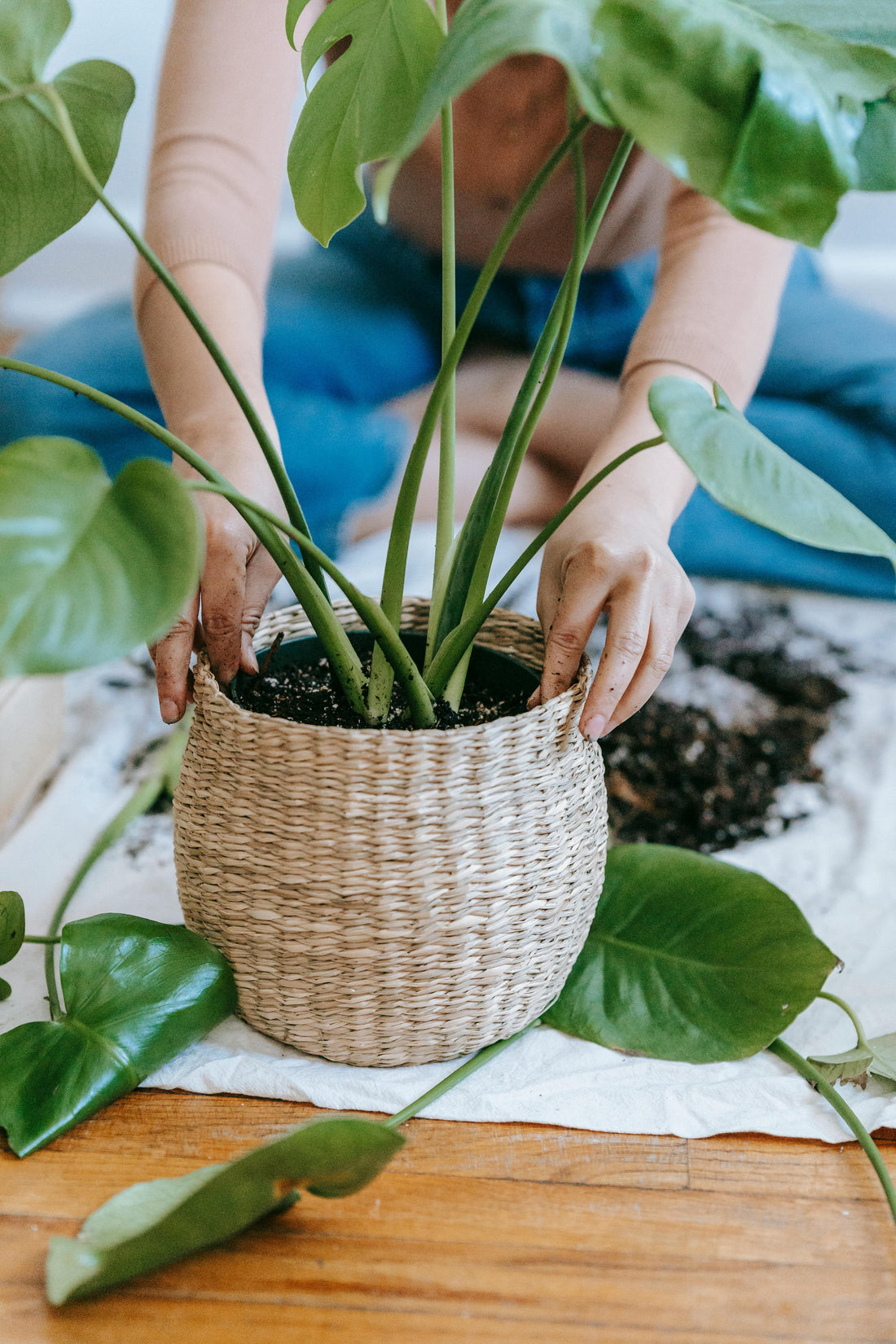
The Link Between Plants and Mental Health
How Houseplants Can Support Your Well-Being, According to Science
In today’s fast-paced, screen-filled world, we’re constantly searching for simple ways to boost our mental health—and the answer might be sitting quietly in your living room.
Houseplants do more than add beauty to your space. Research shows they can actually improve your mental well-being, reduce stress, and even increase productivity. Here’s what the science says about how and why your leafy companions are good for the soul.
🌿 Plants Lower Stress and Anxiety
📊 The Science:
A study published in the Journal of Physiological Anthropology (2015) found that interacting with indoor plants—such as repotting or watering—significantly reduced participants’ physiological and psychological stress levels compared to tasks on a computer.
-
Key finding: The plant group showed lower heart rate and blood pressure, and reported feeling more comfortable and soothed.
-
Source: Lee et al., 2015

Plants help activate our parasympathetic nervous system, which is responsible for the body’s "rest and digest" mode. This makes them a natural, non-pharmaceutical way to decompress.
🧠 Plants May Help Fight Depression and Improve Mood
While plants aren’t a replacement for therapy or medication, they can be a meaningful supplement. A 2020 study published in Urban Forestry & Urban Greening found that participants who spent time with houseplants reported significantly higher levels of positive emotions and lower depression scores. Think of it as a vitamin for your serotonin levels.
-
Key finding: Even passive interaction (simply being around greenery) was linked to better mood.
-
Source: Soga, Gaston & Yamaura, 2020
Plants offer a small, manageable responsibility—a daily reminder to nurture something—which can help individuals struggling with low mood or lack of motivation.
🧘 Plants Enhance Mindfulness and Presence
Tending to plants—watering, pruning, repotting—is a naturally meditative activity. It encourages mindful engagement and helps us slow down, bringing awareness to the present moment.
According to a 2021 study in BMC Public Health, gardening activities (even small-scale ones like houseplant care) were associated with reduced symptoms of anxiety and improved overall psychological well-being.
-
Source: Basu et al., 2021
The act of caring for a plant offers a break from digital distractions, drawing your attention back to nature—right in your own home.

🧩 Plants Boost Cognitive Function and Productivity
Office or work-from-home setup feeling a little dull? Adding a plant might help your brain work better.
In a study from the University of Exeter, researchers found that adding houseplants to sparse office environments improved productivity by 15% and increased reported workplace satisfaction.
-
Source: Knight & Haslam, 2010
Plants can also help reduce mental fatigue. The Attention Restoration Theory suggests that natural elements help the brain recover from overload, enhancing focus and creativity.
🌱 Which Plants Are Best for Mental Health?
While any greenery can offer benefits, here are a few top picks based on ease of care and visual appeal:
-
Lavender – Known for its calming scent.
-
Snake Plant – Low-maintenance and air-purifying.
-
Peace Lily – Elegant and great for improving humidity.
-
Aloe Vera – Healing and hard to kill.
-
English Ivy – Visually soothing and helps filter indoor air.
Final Thoughts: Nurture Nature, Nurture Yourself
Surrounding yourself with plants isn’t just a trend—it’s a powerful way to support your mental health in a natural, sustainable way. Whether you’re managing stress, looking to boost your mood, or simply want to feel more connected, plants provide quiet, constant companionship that science says is good for your brain and your heart.
So next time you’re feeling a little off, don’t underestimate the healing power of greenery. Your mind—and your home—will thank you.

The information provided in this blog is for general informational purposes only and is not intended to be a substitute for professional medical advice, diagnosis, or treatment. We are not medical professionals. Always seek the advice of your physician or a qualified health provider with any questions you may have regarding a medical condition or mental health concerns. Never disregard professional advice or delay in seeking it because of something you read here.
Want to start your own indoor plant haven but don’t know where to begin? Stay tuned for our beginner's guide to the easiest mood-boosting plants to grow at home!
